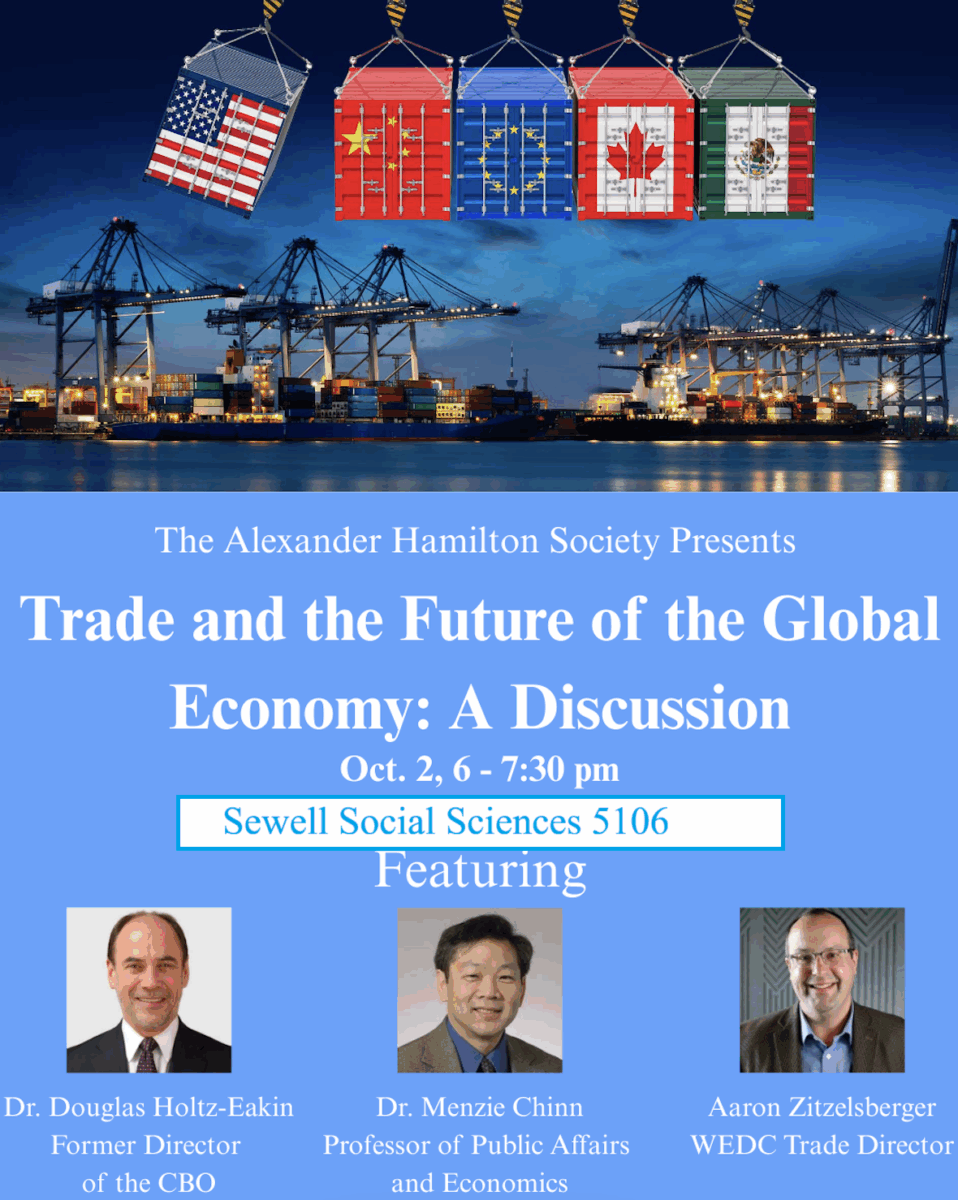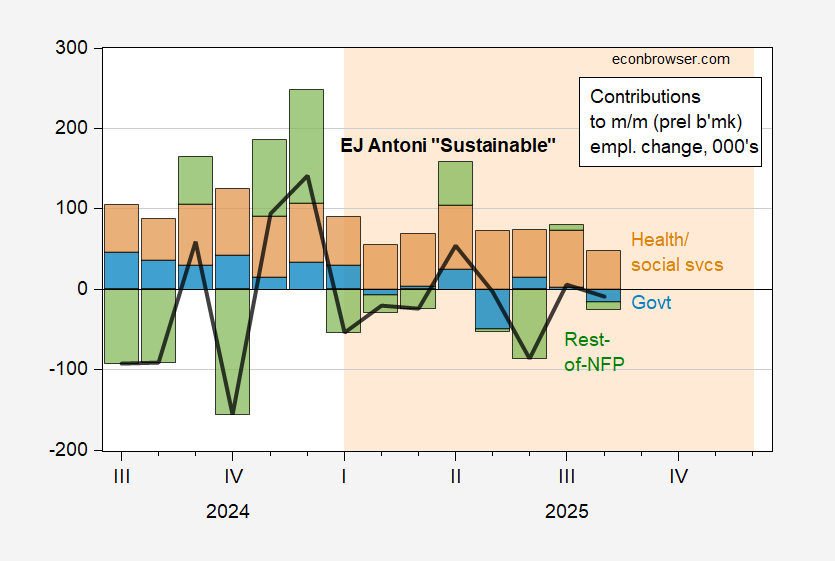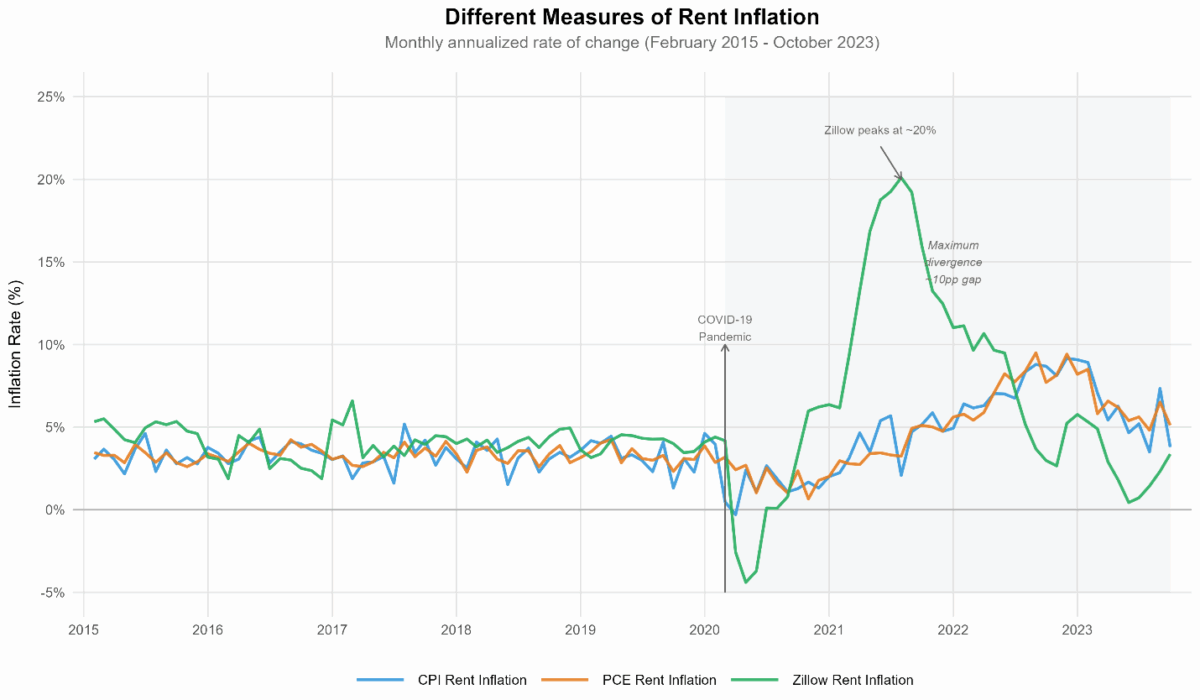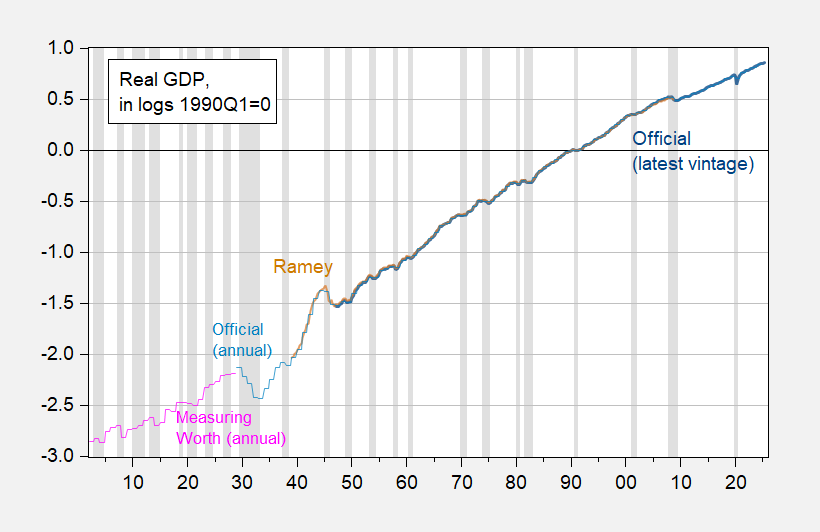
On October 2, 2025, Douglas Holtz-Eakin, a prominent economist and former Director of the Congressional Budget Office, engaged in a thought-provoking discussion at the University of Wisconsin-Madison. The event, co-hosted by Aaron Zitzelsberger from the Wisconsin Economic Development Corporation (WEDC) and the Alexander Hamilton Society, focused on pressing issues surrounding trade and the future of the global economy.
The venue for this insightful dialogue was Sewell Social Sciences, Room 5102, where students and community members gathered to hear Holtz-Eakin’s perspectives on the current state of the U.S. macroeconomy. With a rich background that includes serving as Chief Economist for the Council of Economic Advisers, Holtz-Eakin brought a wealth of knowledge to the table, making the discussion particularly relevant in today’s economic climate.
Holtz-Eakin’s recent evaluation of the U.S. economy, which he described as “now dead in the water,” reflects a growing concern among economists regarding the stability and sustainability of economic growth. His analysis delves into the implications of current trade policies and their potential impact on both domestic and international markets.
In his remarks, Holtz-Eakin addressed the challenges posed by ongoing trade tensions and the need for strategic reforms to enhance U.S. competitiveness on the global stage. He underscored the importance of adopting policies that not only support American workers but also foster innovation and growth in emerging industries.
As the conversation progressed, Holtz-Eakin emphasized the critical need for collaboration among policymakers, businesses, and labor organizations to navigate the complexities of the global economy. He argued that a unified approach is essential for addressing issues such as income inequality and job displacement, which have become increasingly pronounced in recent years.
The event drew an engaged audience, eager to learn about the intersection of trade policy and economic strategy. Holtz-Eakin’s insights prompted a lively discussion, allowing attendees to ask questions and share their own perspectives on the future of trade and economic policy in the United States.
Overall, the event proved to be a valuable opportunity for students and community members alike to gain a deeper understanding of the economic challenges facing the nation and the potential pathways forward. Holtz-Eakin’s expertise and forward-thinking approach provided a hopeful perspective on the future of the global economy, encouraging collective action and innovative solutions to ensure a prosperous future for all.


